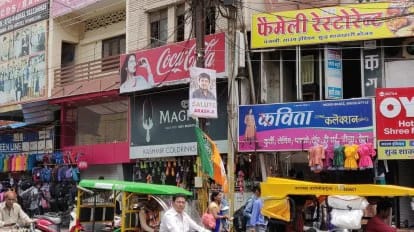Ayodhya, May 28, 2024: As India heads into national elections, the city of Ayodhya remains a focal point of communal tension, especially for its Muslim residents. Abdul Wahid Qureshi, who witnessed the devastating riots of 1992 that followed the destruction of Babri Masjid, a centuries-old mosque, recalls the violence that claimed around 2,000 lives, mostly Muslims.
In January, Prime Minister Narendra Modi inaugurated a grand Hindu temple dedicated to Rama at the contested site, which many Hindus believe to be his birthplace. For Modi’s supporters, this event marked a significant triumph, highlighting the government’s commitment to promoting the majority religion. However, the temple’s construction on the ruins of the demolished mosque has reignited old fears among the city’s Muslim population.
Muslim residents, like Qureshi, express apprehension about potential unrest as political tensions rise during the elections. The memory of past violence casts a shadow over the community, fostering a sense of unease about the future.




